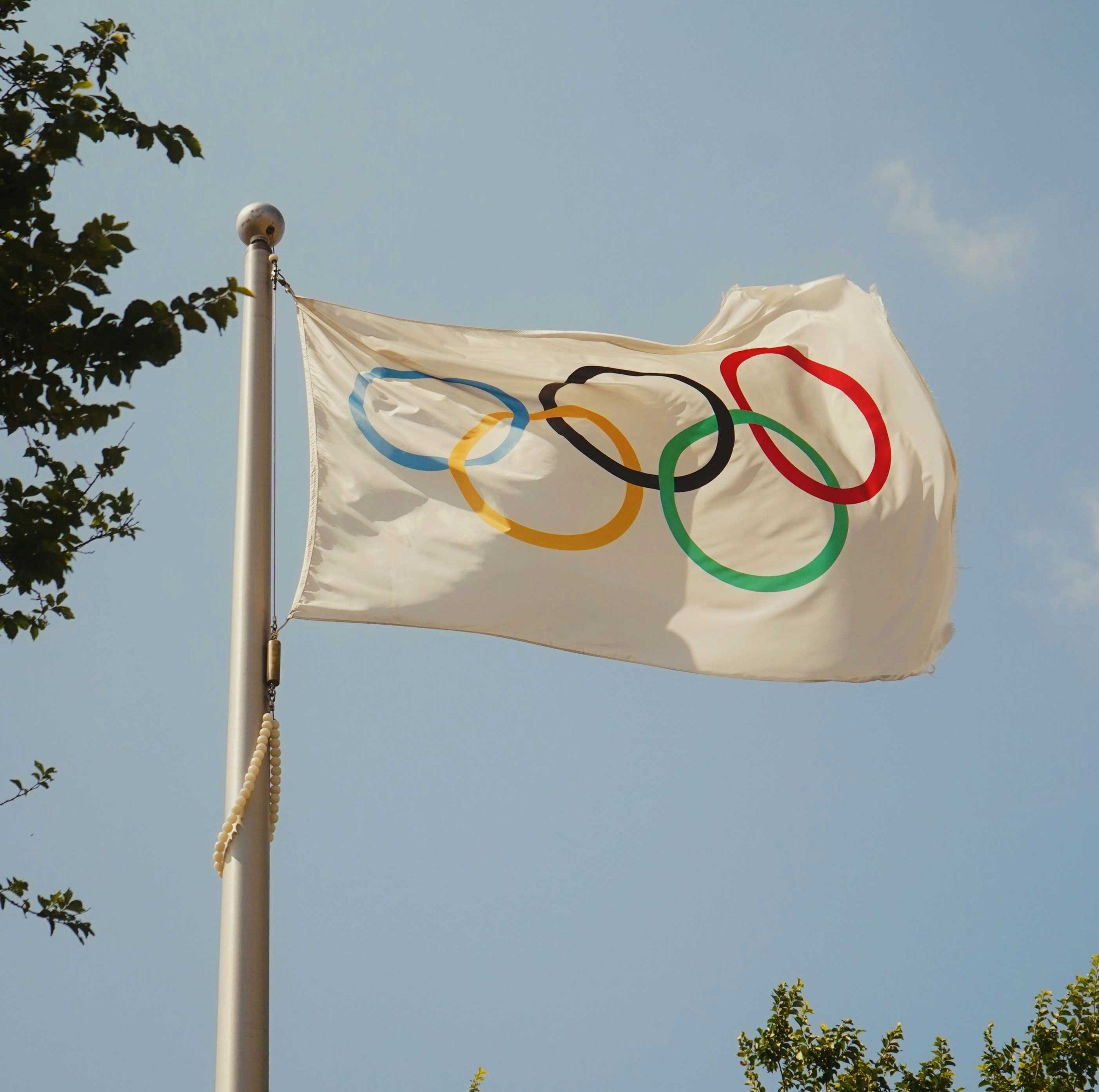Beer. Glorious beer.
GIF from "Blue Mountain State."
Cold and refreshing and full of flowers. Flowers?
GIF from the Golden Globe Awards.
Yes, flowers. Flowers are responsible for making your beer delicious.
Hops are one of the four main ingredients in beer (and one of only four ingredients allowed in beer, if you ask the Germans). Beer gets its bitterness and aroma — really, all the good stuff, IMHO — from the female flowers of the vine-like hops plant. Hops are also one of the only crops in the world that's used almost exclusively for alcohol (occasionally tea, and sometimes novelty deodorants and soaps and stuff, but mostly beer).
They also may or may not be responsible for "man boobs," but that's a topic for another time.
Mmmmm, future beer. Photo by Carl Court/Getty Images.
The most popular craft beer style in the world is the hop-heavy India Pale Ale, or IPA.
Among their many amazing and wonderful qualities, hops are a fantastic preservative. Back in the 1700s, British breweries began to load their beer with lots of extra hops in order to keep it fresh for the six-month journey to India. So it's pretty much the best accidental byproduct of British colonialism (again, IMHO).
More recently, as the craft beer craze has gained traction in America, breweries have started experimenting more and more with hops, resulting in the deliciously bitter, tastebud-obliterating, piney-citrus liquid beauties of today.
GIF from "Dexter."
But now our beer is in danger of disappearing, and it's all climate change's fault.
In case you haven't heard, there's been a pretty major drought lately on the West Coast. Nearly 3/4 of America's hop production comes from the Yakima Basin in Washington State. But with water in such short supply and each hop plant requiring up to three gallons of water per day, this year's harvest isn't looking so pretty.
"Most growers in the Yakima Valley have incurred significant extra expenses trying to deal with the situation," hops grower Eric Desmarais told CNBC. "Every grower is going to have crop loss. I am not saying it is catastrophic or disastrous, but there will be some crop loss associated with it."
GIF from "In Bruges."
Droughts and rising temperatures have led to the third major hops shortage in less than a decade.
Sure, every farmer deals with a bad harvest every now and then. But the hops industry faced a major shortage in 2008 and again in 2012. Meanwhile, the number of hops farms in the country has doubled, along with the price-per-pound of the harvested flower. On a purely economic level, this increases the costs for the brewery, which then passes that on to the beer drinker.
That means beer becomes more expensive. That means you won't be able to drink as much. And that will make you very, very sad.
GIF from "Girls."
So if you weren't already concerned about our future, let me give you a reason: If we don't protect the planet, we won't have any beer.
All jokes about delicious booze consumption aside, beer is a multibillion-dollar industry in America. If the effects of climate change are allowed to continue at this rate, that industry will be headed toward disaster, which will have a serious impact on our entire economy.
Some of you might be thinking, "Well, good thing I'm not a beer drinker!" in which case (a) I seriously question your definition of "good thing," and (b) you're forgetting that hops are not the only crop affected by climate change (the beer thing is just my sneaky way of getting you to read this). Climate change affects the entire agriculture industry, which affects our food supply, which affects our economy and our livelihoods. How will we be able to enjoy our beer — or anything else for that matter — if we're no longer alive?!
The conclusion is simple:
SAVE OUR ENVIRONMENT. SAVE OUR BEER.
GIF from "Captain Planet."









 Many people make bucket lists of things they want in life.
Many people make bucket lists of things they want in life. 

 A woman is getting angry at her coworker.via
A woman is getting angry at her coworker.via  A man with tape over his mouth.via
A man with tape over his mouth.via  A husband is angry with his wife. via
A husband is angry with his wife. via 
 Thomas Jefferson's Monticello.via
Thomas Jefferson's Monticello.via  The Jefferson Memorial in Washington, D.C.via Joe Ravi/Wikimedia Commons
The Jefferson Memorial in Washington, D.C.via Joe Ravi/Wikimedia Commons
 The 1992 Olympics were held in Barcelona. Photo by
The 1992 Olympics were held in Barcelona. Photo by